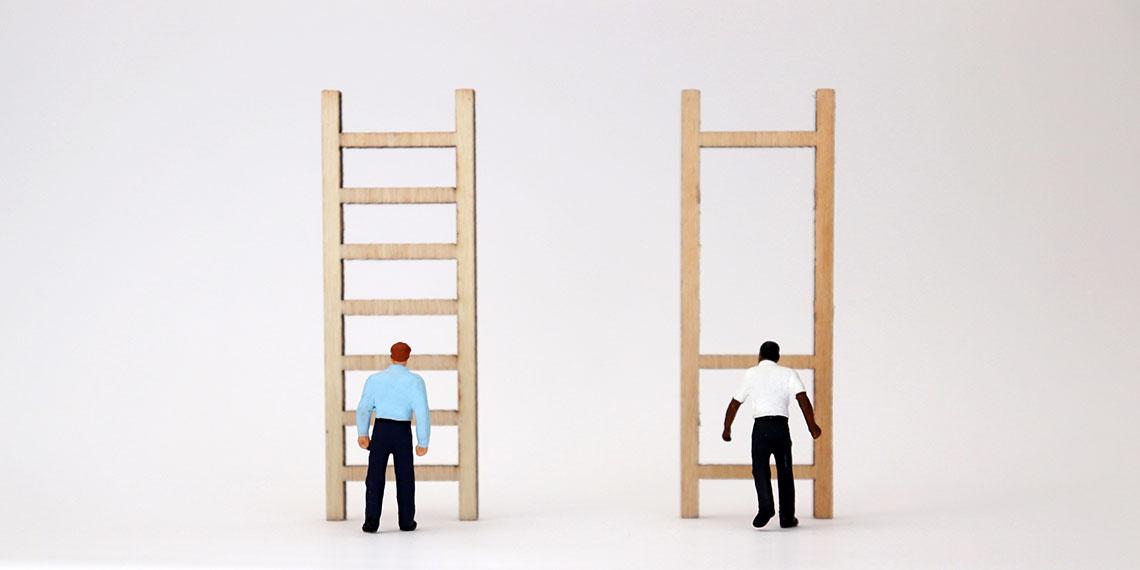You are here
Institutional Racism – Really?

By Lt. Colonel Ian Hutson, Director - Social Policy and Parliamentary Unit
We in New Zealand have often viewed ourselves as an egalitarian nation with exemplary race relations comparing ourselves favourably with other nations around the world. So much has happened in this last year to disturb or even destroy such a cosy view of ourselves.
Most shockingly there was the Christchurch terrorist attack which caused an outburst of compassion with our Prime Minister expressing the idea that “this is not us.” And of course, none of us wanted to be identified with that kind of hatred. Though disturbingly, as the dust settled, there was evidence that we were more racist than we cared to acknowledge.
That there is a higher level of racism evident in this nation was not any surprise to the many Māori who experience it daily in ways that non-Māori are often oblivious to. At the beginning of this year in The Salvation Army’s State of the Nation Report, “Are you well, Are We Safe,” we included a Māori – Non-Māori gaps table (see link below). What was abundantly clear from reading this document was that somehow in the way our society organises itself Māori were being disadvantaged in nearly every measure of social outcome. Standing out were the figures that showed Māori unable to access social housing, overrepresented in illicit drug offending, youth offending, prison incarceration and children in state care.
https://www.salvationarmy.org.nz/article/are-you-well-are-we-safe
- Oranga Tamariki has found itself under attack for the continued disproportionate level of the uplift of Māori children from whānau.
- The Justice system is under review and the levels of Māori overrepresentation at each point in the justice system, from apprehension, to conviction and incarceration, has created an acknowledgement that our system is weighted against Māori.
- The drug reform debate, especially in relation to cannabis, has been identified as another area that is replete with evidence of racism because it is handled as a criminal justice issue rather than a health issue.
These are only a part of a wider range of issues that show clear evidence of institutional racism. Poverty, exclusion from housing and jobs as well as inequality in relation to education and access to health care all sit behind these issues creating together a clear level of exclusion related to race – racism.
As we head towards the end of another year, we continue to need to address all sorts of social policy issues like these that are often racist in effect if not always in intent. Where do the answers lie?
One area in the State of the Nation Report that indicated a significant reduction in inequality was infant mortality. The rate for Māori mortality has fallen faster than the non-Māori rate. One contributor to this reduction in inequality in infant mortality has been through taking a kaupapa Māori approach using Pēpe-pods or wahakura for infants sleeping in bed with their parents to reduce Sudden Unexpected Deaths in Infants Syndrome deaths. Here was just one example of a Māori led and run initiative that with the associated cultural tikanga brought positive outcomes.
Māori involvement in the running and design of the social institutions of our nation, often along kaupapa Māori lines, must be a part of how we deal with the unacceptable level of exclusion and disparity that too often blights our nation. Enabling rangatiratanga (self-determination).
It won’t end the individual discrimination Māori often experience but it is a way of transforming a system so often experienced as violent into something that enables a people and a culture to flourish.